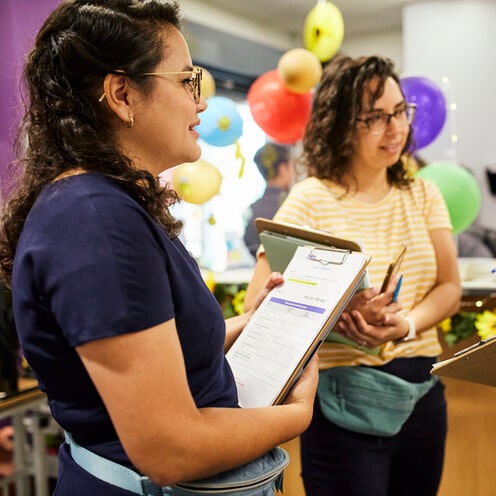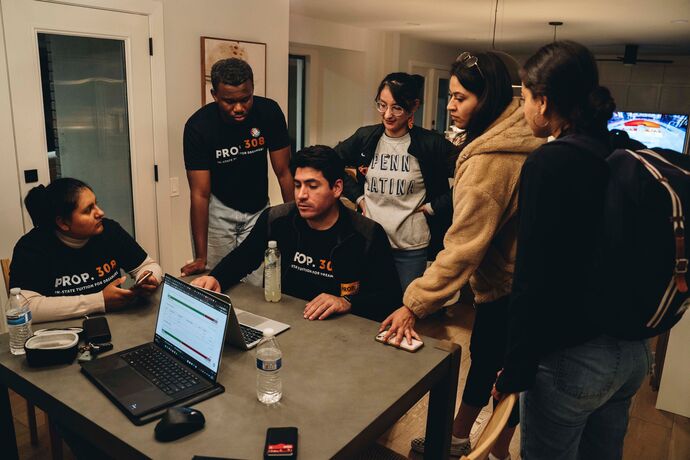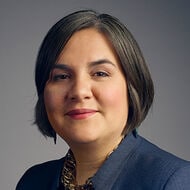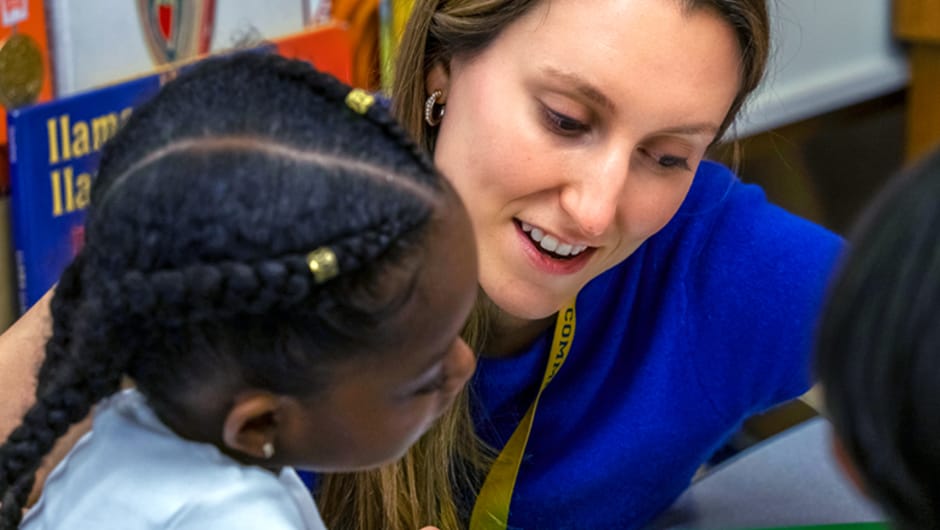
To Fix Our Education System, We Need to Develop Leaders at Every Level Committed to Equity and Excellence
Elected officials with experience leading a classroom, strong relationships with students and communities, and a commitment to creating broad coalitions will drive systemic change that ensures all children will have an equal chance in life.
Now that the Georgia runoff is over and the final midterm election results are in, Congress and state legislatures across the country have a renewed opportunity to come together around one of our most pressing problems: the mounting learning and mental wellness crisis facing young people.
Academic progress made over the last two decades dissolved amid the pandemic, as results from the most recent National Assessment of Educational Progress and new data from the education nonprofit NWEA show. And while disrupted learning time affected student outcomes overall, outcomes for students of color and those in low-income communities were hit hardest. At the same time, an estimated 1 in 360 students lost a parent or caregiver during the pandemic, and more than half of parents in an August 2022 poll reported concern about the pandemic’s impact on their children’s mental health.
Addressing these complex, systemic challenges is not a task for schools alone. It will require communities to work together around shared priorities for future generations. It will require meeting students where they are socially, emotionally, and academically and creating a fundamentally different educational experience.
We must develop learning environments that center the child and their interests and prioritize a broader set of outcomes than solely academic achievement; this will ensure they’re building the skills needed in today’s world such as empathy, digital literacy, and working effectively across lines of difference. We must reimagine the role of the teacher to achieve these broader outcomes. We must create a system that makes teaching more sustainable, pays fairly, and allows for exceptional and diverse talent to join and stay in the profession. We must address longstanding teacher shortages once and for all.
All of these efforts will require policymakers with commitment, determination, and a sense of urgency about ensuring all children have access to an excellent education. Most often, that kind of boldness and focus comes from firsthand experience. The recent election gives me hope on this front. This election cycle, more than 180 Teach For America alumni ran for public office at every level of government, winning seats in Congress, state legislatures, and on local school boards.
These alumni hold diverse political perspectives but share an unwavering belief in the brilliance of every child, and they reflect the diversity of our country in their life experience and opinions. Some 55 percent of them identify as people of color, and 49 percent are women. This is not surprising, as research shows that participating in national service programs such as Teach For America makes young adults more likely to vote and be politically engaged and women more likely to be interested in running for political office and more likely to participate in political campaigns.
“Research shows that participating in national service programs such as Teach For America makes young adults more likely to vote and be politically engaged.”
This is important because we need diverse leadership at every level of the system with firsthand experience in the opportunities and challenges facing our education system—leaders who center our children and equity, and who can build strong relationships and coalitions across all lines of difference.
Leaders like this are already making a difference. In Maryland, for example, a group of Teach For America alumni championed parallel legislative and grassroots efforts to advance the Blueprint for Maryland’s Future. This legislation—based on the recommendations of a state commission to fund pre-K through 12th grade initiatives like expanding career and early education programs, increasing salaries and support for teachers, and providing additional resources to schools in low-income neighborhoods—has the potential to transform education in the state for years to come.
In Arizona, Teach For America alumni, inspired by their own experiences and those of their students, led the effort for a policy change that will point countless young people toward long-term success. The bipartisan Proposition 308, which just passed, guarantees the in-state tuition rate for all Arizona high school graduates, regardless of their citizenship status. This change will expand opportunities for undocumented students to succeed in college, their career, and in life.

These are just two examples of what can be accomplished with leadership that is proximate to the issues students face every day and committed to building broad coalitions to take on these issues. These leaders understand how students are impacted by factors beyond the classroom, such as housing instability, lack of affordable medical care, and hunger. They also see the barriers students often face when they get to school, such as lowered expectations and inadequate resources.
We need more of these bold, proximate leaders at every level, whether they are Teach For America alumni or not. This includes school boards, where we must reverse the historical pattern of board membership lacking the diversity of the student populations they serve. Years of research shows that when there are more school board members of color, students of color achieve more. One 2021 study found that increasing representation of people of color on school boards led to a notable increase in academic outcomes for all students, regardless of their race.
The challenges we face in education in the wake of the pandemic are once in a generation and will take years of concerted bipartisan effort to solve. This new generation stepping forward to run for office and take on public leadership is helping lead the way. We just need more of these leaders who can bring to bear their firsthand experience in schools and communities to accelerate progress for all kids.
We want to hear your opinions! To submit an idea for an Opinion piece or offer feedback on this story, visit our Suggestion Box.
Interested in Joining Teach For America?
Sign up to receive articles like this in your inbox!
Thanks for signing up!
Content is loading...






